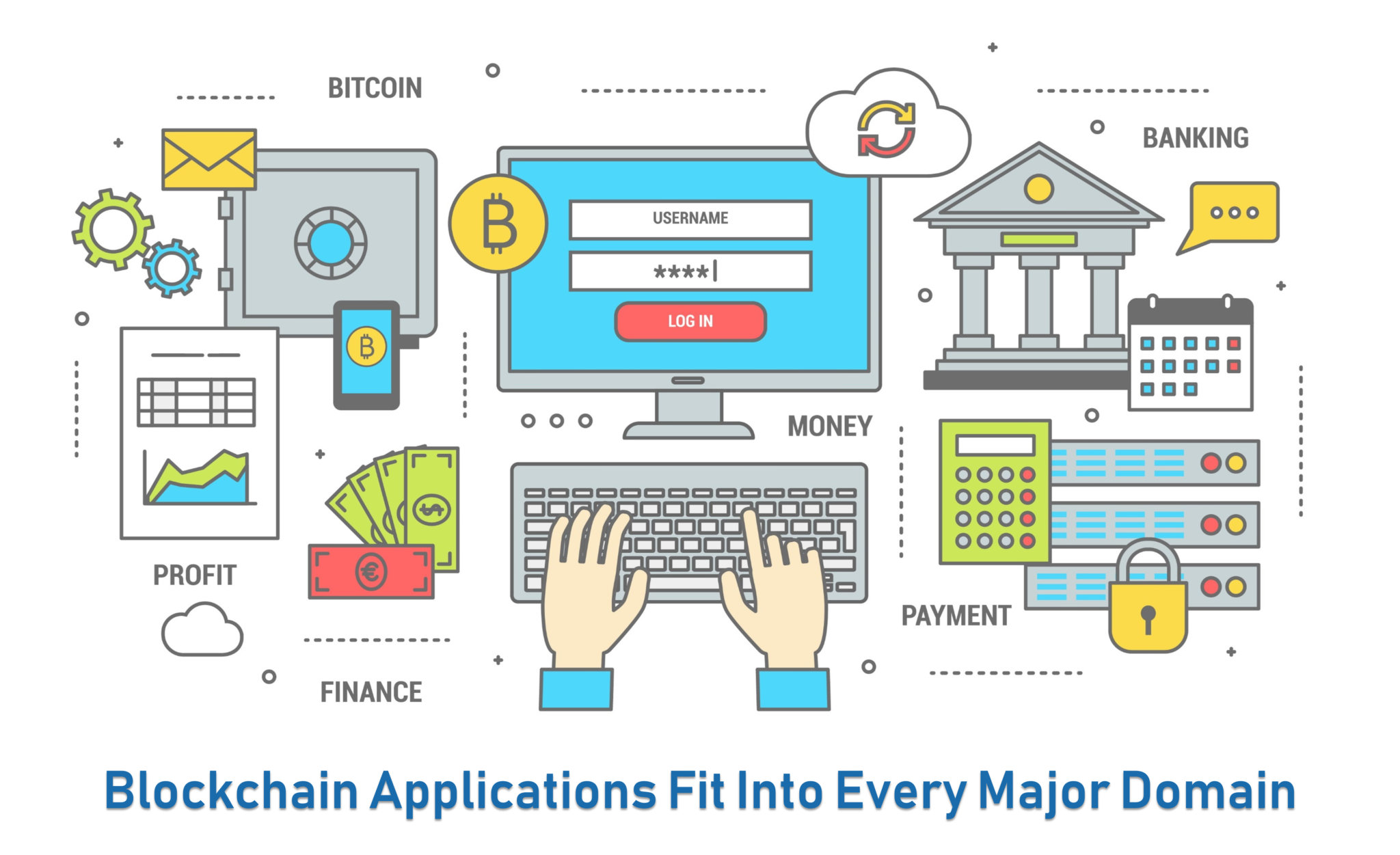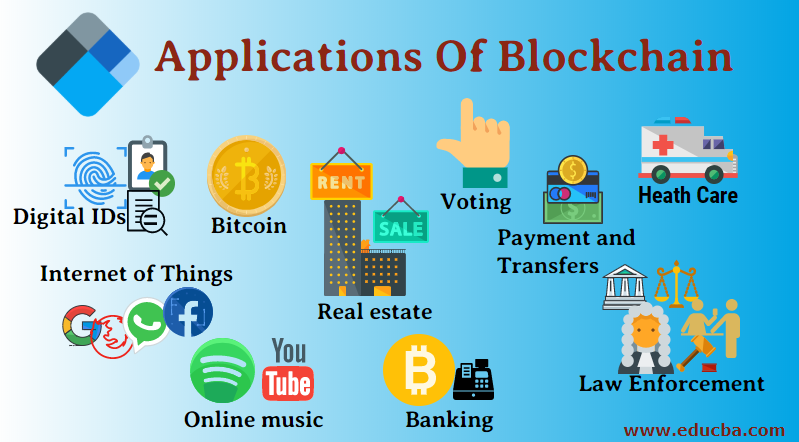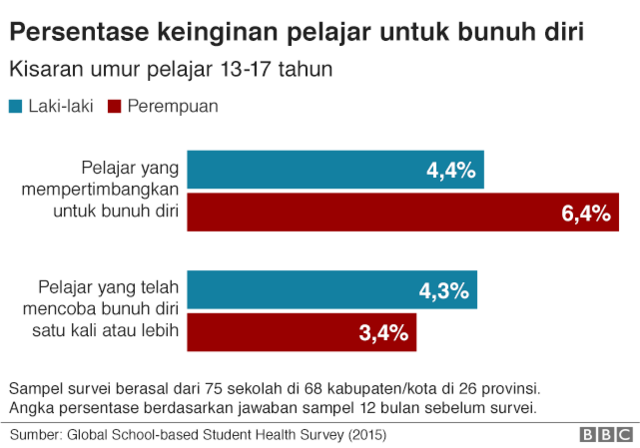Blockchain Applications: Beyond Cryptocurrency
Blockchain technology, initially known as the backbone of cryptocurrencies like Bitcoin, has evolved into a versatile and transformative force with applications extending far beyond the realm of digital currencies. Its decentralized, transparent, and immutable nature makes it a powerful tool for various industries seeking enhanced security, efficiency, and trust. This article explores the diverse applications of blockchain technology across different sectors, highlighting its potential to revolutionize the way we conduct business and interact with the world.
1. Supply Chain Management
One of the most promising applications of blockchain lies in supply chain management. Traditional supply chains are often complex, opaque, and prone to inefficiencies, fraud, and counterfeiting. Blockchain offers a solution by providing a transparent and immutable record of every transaction and movement of goods throughout the supply chain.
- Tracking and Traceability: Blockchain enables real-time tracking of products from origin to consumer, ensuring authenticity and preventing counterfeiting. Each product can be assigned a unique identifier on the blockchain, allowing stakeholders to verify its provenance and history.
- Improved Efficiency: By automating processes and eliminating intermediaries, blockchain streamlines supply chain operations, reducing delays and costs. Smart contracts can automate tasks such as payments, customs clearance, and quality control, further enhancing efficiency.
- Enhanced Transparency: Blockchain provides all stakeholders with access to a shared, immutable ledger of information, fostering trust and accountability. This transparency helps identify bottlenecks, detect fraud, and improve overall supply chain performance.
2. Healthcare
The healthcare industry faces significant challenges in data security, interoperability, and patient privacy. Blockchain offers a secure and efficient way to manage sensitive healthcare data, improve data sharing, and enhance patient outcomes.
- Secure Medical Records: Blockchain can be used to create a secure and decentralized repository for medical records, giving patients control over their data and ensuring its privacy. Patients can grant access to their records to healthcare providers, researchers, and other authorized parties, while maintaining control over who can access their information.
- Drug Supply Chain Integrity: Blockchain can help combat counterfeit drugs by tracking and verifying the authenticity of pharmaceuticals throughout the supply chain. This ensures that patients receive genuine medications and reduces the risk of harm from counterfeit drugs.
- Clinical Trial Management: Blockchain can improve the transparency and efficiency of clinical trials by securely recording data, tracking patient participation, and ensuring data integrity. This can help accelerate the development of new treatments and improve patient outcomes.
3. Finance
The financial industry is undergoing a significant transformation with the adoption of blockchain technology. Blockchain offers the potential to reduce costs, improve efficiency, and enhance security in various financial applications.
- Cross-Border Payments: Blockchain can streamline cross-border payments by eliminating intermediaries and reducing transaction fees. Cryptocurrencies like Ripple (XRP) are designed to facilitate fast and low-cost cross-border payments, making it easier for businesses and individuals to send and receive money internationally.
- Trade Finance: Blockchain can improve the efficiency and transparency of trade finance by automating processes such as letters of credit, invoice financing, and supply chain financing. This can reduce costs, improve access to financing, and facilitate international trade.
- Digital Identity: Blockchain can be used to create secure and verifiable digital identities, enabling individuals and businesses to prove their identity online without relying on centralized authorities. This can simplify KYC (Know Your Customer) processes, reduce fraud, and improve access to financial services.
4. Voting
Blockchain technology has the potential to revolutionize the voting process, making it more secure, transparent, and accessible.
- Secure and Transparent Voting: Blockchain can ensure that votes are recorded accurately and securely, preventing fraud and manipulation. Each vote can be recorded as a transaction on the blockchain, making it immutable and auditable.
- Increased Voter Participation: Blockchain can make voting more accessible by allowing voters to cast their ballots online from anywhere in the world. This can increase voter participation and make elections more representative.
- Reduced Costs: Blockchain can reduce the costs of conducting elections by automating processes such as voter registration, ballot counting, and results reporting.
5. Real Estate
The real estate industry is often characterized by complex paperwork, lengthy processes, and high transaction costs. Blockchain can streamline real estate transactions, reduce fraud, and improve transparency.
- Property Title Management: Blockchain can be used to create a secure and transparent record of property ownership, simplifying title searches and reducing the risk of fraud.
- Smart Contracts for Real Estate Transactions: Smart contracts can automate various aspects of real estate transactions, such as escrow, payments, and property transfers. This can reduce costs, improve efficiency, and ensure that transactions are executed according to agreed-upon terms.
- Tokenization of Real Estate: Blockchain enables the tokenization of real estate assets, allowing investors to purchase fractional ownership in properties. This can make real estate investments more accessible and liquid.
6. Intellectual Property Management
Protecting intellectual property (IP) is crucial for creators and businesses. Blockchain offers a secure and transparent way to manage and protect IP rights.
- Copyright Protection: Blockchain can be used to register and timestamp creative works, providing proof of ownership and protecting against copyright infringement.
- Patent Management: Blockchain can streamline the patent application process, making it easier for inventors to protect their inventions.
- Digital Rights Management (DRM): Blockchain can be used to manage digital rights for content such as music, movies, and ebooks, ensuring that creators are compensated fairly for their work.
7. Government
Governments can leverage blockchain technology to improve transparency, efficiency, and accountability in various public services.
- Land Registry: Blockchain can create a secure and transparent land registry system, reducing fraud and disputes over land ownership.
- Identity Management: Blockchain can be used to create secure and verifiable digital identities for citizens, simplifying access to government services.
- Supply Chain for Public Procurement: Blockchain can enhance the transparency and accountability of public procurement processes, reducing corruption and ensuring fair competition.
Challenges and Future Directions
While blockchain technology offers significant potential, it also faces several challenges that need to be addressed for widespread adoption. These include:
- Scalability: Blockchain networks can be slow and expensive to use, especially when processing a large number of transactions.
- Regulation: The regulatory landscape for blockchain technology is still evolving, and there is a lack of clarity in some jurisdictions.
- Security: While blockchain is generally considered secure, it is not immune to attacks. Vulnerabilities in smart contracts and other blockchain applications can be exploited by hackers.
- Interoperability: Different blockchain networks are often incompatible, making it difficult to transfer data and assets between them.
Despite these challenges, the future of blockchain technology is bright. As the technology matures and the challenges are addressed, we can expect to see even more innovative applications of blockchain across various industries. The ongoing development of blockchain solutions promises to reshape industries and establish a new level of trust, transparency, and efficiency.
Conclusion
Blockchain technology is far more than just the foundation for cryptocurrencies. Its unique characteristics—decentralization, transparency, and immutability—make it a powerful tool for solving real-world problems across a wide range of industries. From supply chain management and healthcare to finance and voting, blockchain is poised to revolutionize the way we conduct business and interact with the world. As the technology continues to evolve and mature, we can expect to see even more innovative applications of blockchain that transform our lives for the better.












